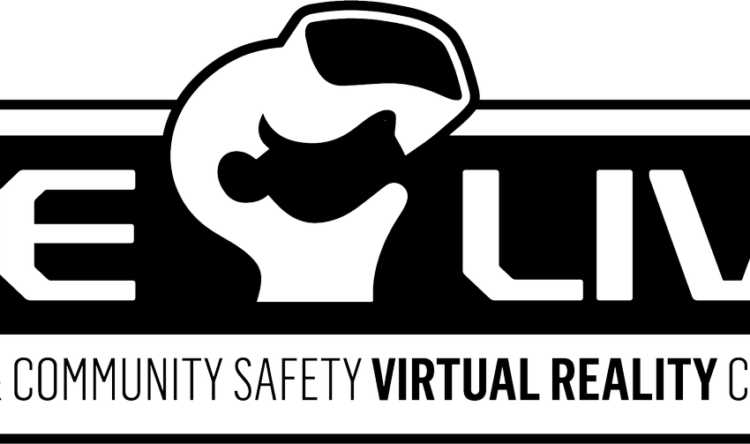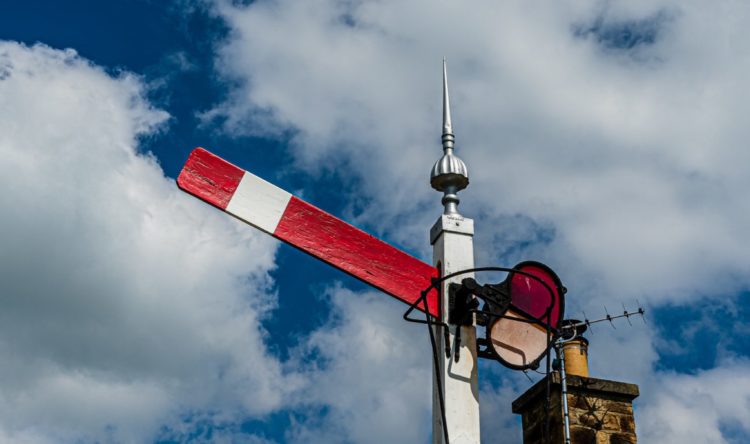Careless company car drivers
New survey reveals worrying attitudes amongst company car drivers
In a new survey, company car drivers admitted to poor driving practices.
Carried out by Venson Automotive Solutions, the results were reported in an article for Fleet News.
The results portray a worrying attitude by the drivers who tend to cover the most miles daily.
Worrying attitudes
Drivers have admitted to examples of careless driving, including hogging the middle lane, running red lights and speeding on a daily basis.
Almost half (58%) of drivers admitted to speeding, while nearly as many (46%) said that they hog the middle lane on motorways and drive too slowly (44%).
More than a third (37%) also admitted to occasionally being distracted by their satnav or mobile phone, while more than half (54%) of respondents confessed to regular sudden braking.
Furthermore, almost three-quarters (71%) of drivers said that they violate the Highway Code by using their headlights to signal to other drivers.
Job lot
Taking responsibility
“With an estimated 14 million grey fleet drivers and nearly two million true fleet drivers on the UK’s roads, businesses operating fleets should be particularly concerned by our survey findings,” says Simon Staton, client management director for Venson Automotive Solutions.
While these poor driving standards mean “businesses are exposed to by careless driving of employees are significant,” the greater concern is road safety and all other road users.
“Working together with fleet managers, senior management teams within organisations must help enforce a robust policy and processes to ensure drivers not only keep their Highway Code knowledge fresh and up to date, brushing up on existing rules and understanding any changes but also that persistent offenders are highlighted and bad behaviours managed accordingly.”
No prizes
Drivers deemed ‘careless and inconsiderate’ can face an unlimited fine and 3-9 points on their licence.
Using a hand-held mobile phone risks a £1,000-£2,500 fine and 6 points.
“Having drivers fully aware of the duty of care to themselves, their employer, other road users and pedestrians should help them to understand how to reduce the risk of incurring significant financial penalties, avoiding significant harm to others and limiting the risk of losing their licence,” continued Staton.
Businesses also have corporate responsibility for the actions of employees.
The Health and Safety Standards Agency states that ‘There will always be risks associated with driving. Although these cannot be completely controlled, an employer has a responsibility to take all reasonable steps to manage these risks and do everything reasonably practicable to protect people from harm in the same way as they would in the workplace’.
Company directors can be held directly responsible and face a custodial sentence should a serious incident occur. The Corporate Manslaughter Act of 2007 was designed to place more responsibility on businesses to ensure their drivers are safe. They have to prove that relevant checks are carried out and adequate training has been provided to drivers.
In charge
Ultimately, the driver behind the wheel is in control and responsible for their actions.
Hogging the middle lane or tailgating are common high-risk problems on UK motorways. These have become such an issue that National Highways has launched a campaign – Keep a safe distance – specifically targeting the issue.
Close to half of the Venson survey respondents openly admitted to hogging the middle lane, and 12% confessed to tailgating.
Worryingly, a survey commissioned by National Highways and carried out by Aviva ahead of last year’s Road Safety Week found that these behaviours can seriously affect other drivers:
Top 10 actions/behaviours drivers felt intimidated by
| Action/behaviour | Percentage of drivers | Percentage of drivers who admit to doing this themselves |
|
51% | 7% |
|
37% | 9% |
|
27% | 12% |
|
23% | 16% |
|
23% | 11% |
|
22% | 18% |
|
21% | 9% |
|
20% | 5% |
|
19% | 19% |
|
18% | 7% |
Survey by Aviva
Lane hogging was among the behaviours most likely to cause frustration for motorists, while tailgating was among the most likely to make drivers feel anxious, stressed or unsafe.
Staton concluded: “Careless driving not only risks directly causing a collision, but it can increase stress for other drivers and therefore cause them to be distracted and more likely to cause a collision themselves.
“Increasing driver focus and reducing bad habits through driver training and awareness campaigns will help improve safety and reduce risk for all road users.”






